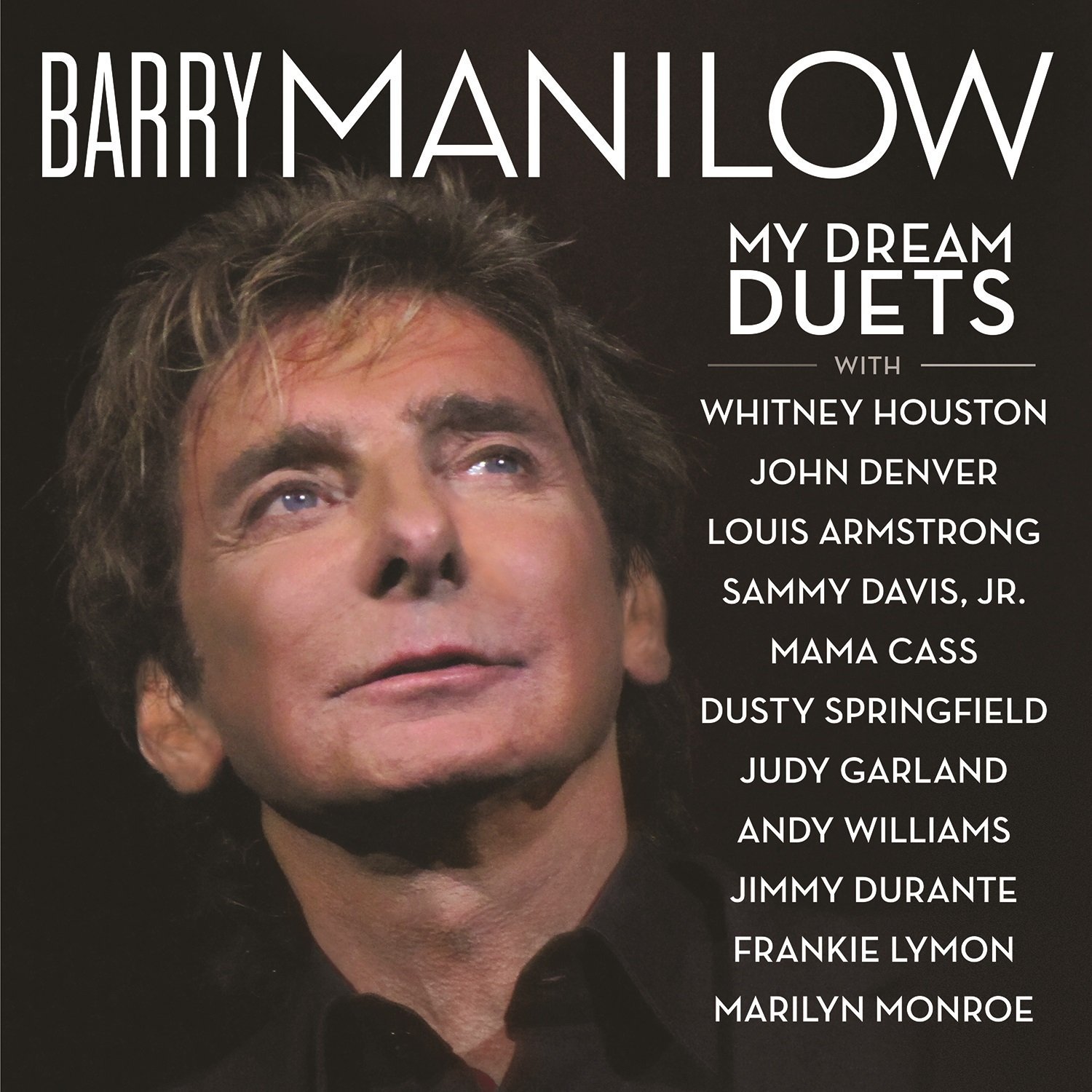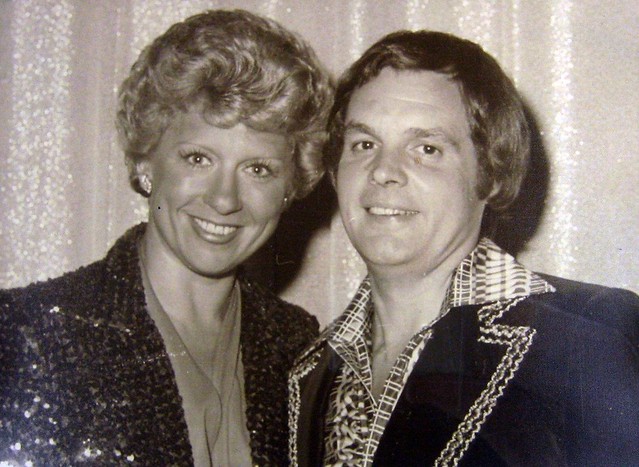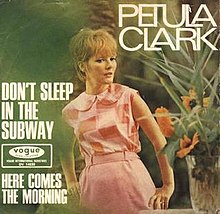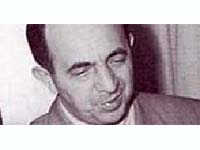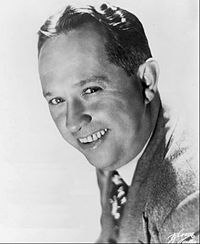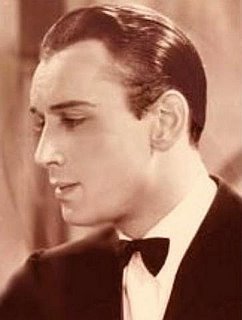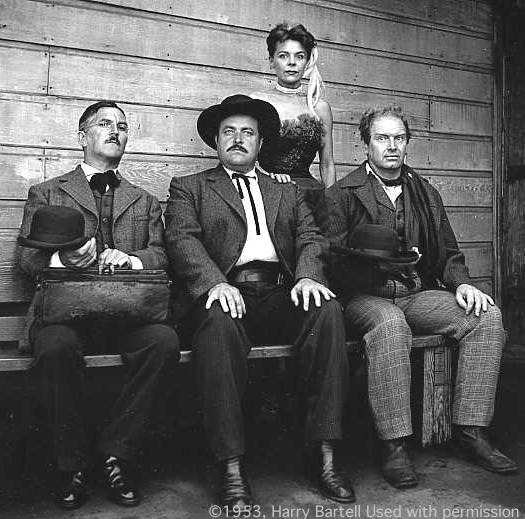"I Wonder Who's Kissing Her Now" was a very popular tune published in 1909 and written by Joseph E. Howard and Harold Orlob will lyrics by Will M. Hough and Frank R. Adams. So much for Irving.
I think I came to the erroneous conclusion of its authorship because it sort of sounds like something he would write. Pleasing lyrics. 3/4 time. Very beautiful melody that will curl around your cerebellum and nest there for a while. If my pal to, whom I assured that this was a Berlin number, is reading this - my humblest apologies.
Joe Howard, born February 12, 1878 in New York City is the first Tin Pan Alley fixture turned up by The Worm who was not born in Eastern Europe. He wrote music with a lot of folks, probably his best collaboration was with his wife composer Ida Emerson with whom he had many hits including "Hello Ma Baby", part of Michigan Frogs repertoire from that classic Warner Brothers/Chuck Jones cartoon "One Froggy Evening."
| Michigan as himself! |
It contained several classic songs from the American Songbook including "I'm Just Wild About Harry", and a song written for the cartoon, "The Michigan Rag" from whence the frog got his moniker. Steven Spielberg in Jones's PBS biography called "One Froggy Evening, released in 1955, the "Citizen Kane" of animated films. High praise indeed.
But getting back to the song. "I Wonder Who's Kissing Her Now" was introduced in the Broadway show entitled, " The Prince of Tonight" which fell into oblivion leaving only this tune. I find it lovely...somewhat sad and melancholy. Maybe that's the reason I felt it "Berlin-ish" because of the mood invoked by a song he did write about the same time called, "What'll I Do?" which also laments love lost.
Very seldom is the verses sung, usually just the chorus, which shortens it somewhat.
The verses, or the intro, is a little less melancholy as the narrator berates a young man for leaving one girl behind to romance another and a suggestion that she may be doing the same thing he is. And the rhythm is a little faster then I like.
I like? I like Harry Nilssons' version of the song from his "A Little Touch of Schmilsson in the Night" album released in 1973 years before doing standards would ever become popular, but it is considered a fine example of Nilssons' virtuoso chops. Harry was charming to listen to. He had a voice. The album title is a play on Shakespeare's Henry V Act 4 where the chorus referrers to Henrys visit to his troop as a "little touch of Harry in the Night." I never knew that.
Nilsson left us too soon. He died of a heart attack in January of 1994, a little over 20 years ago.
I never quite figured out Harry. I mean he wrote such good songs, "One" or "Coconut" ("You put the lime in the coconut and drink it all up!"....I always see Muppet's when I hear that song) or "Without You" and he sang "Everybody's Talkin' Bout Me" for which he received a Grammy in 1970, from the movie "Midnight Cowboy". It was written by Fred Neil, however. Not by Harry.
He never exploded all over like everyone said he would. They said he was a new Beatle.
He had a modicum of commercial success in the 1970's in spite of the fact her seldom ever gave concerts or went on any tours. Maybe that was the reasons he never really took off. He recorded a lot. He mode a tv cartoon, "The Point" in which he wrote all the songs. Remember "Me and My Arrow"? He was an odd duck who had close friends ranging from Mickey Dolenz of "Monkee" fame, Paul McCartney and John Lennon who he was very close to and went on occasional drinking binged with. He was deeply shaken by Lennon's assassination and was a strong advocate for gun control after his death.
I love his voice and who knows what wonderful things he would have produced if he had a lived a bit longer.
So long till tomorrow.


